
The only way to know your HIV status is by getting tested. No matter the results, knowing your status can help you move forward by taking steps to help protect yourself and your partners.
Learn more below and talk to your healthcare provider.



The only way to know your HIV status is by getting tested. No matter the results, knowing your status can help you move forward by taking steps to help protect yourself and your partners.
Learn more below and talk to your healthcare provider.

The only way to know your HIV status is by getting tested. No matter the results, knowing your status can help you move forward by taking steps to help protect yourself and your partners.
Learn more below and talk to your healthcare provider.
The only way to know if you have HIV is to get tested
Find an HIV testing location near you.
It’s confidential, and may be free.
The Centers for Disease Control and Prevention (CDC) covers the cost of an at‑home HIV testing kit.
People living with HIV
doesn’t know it
Of new HIV infections are
transmitted by people who don’t know they have it
According to the CDC, everyone between the ages of 13 and 64 should get tested for HIV at least once, especially people who are sexually active.
If you have never been tested, now’s the time!
At the top of this page, you can find links to a testing location near you.
According to the CDC, everyone between the ages of 13 and 64 should get tested for HIV at least once, especially people who are sexually active.
If you have never been tested, now’s the time!
At the top of this page, you can find links to a testing location near you.
Everyone between the ages of 13 and 64 should get tested for HIV at least once.
Just getting tested once may not be enough, though. National guidelines from the CDC and other groups recommend retesting at least once a year for anyone at higher risk for getting HIV, including:
The CDC also suggests regular retesting for sexually active gay and bisexual men (about every 3 to 6 months).
You should also talk to a healthcare provider and get tested or retested if you are pregnant or plan to become pregnant.
Your sexual network may also put you at a higher risk for HIV.
While there is no cure for HIV, it is a chronic condition with many treatment options.
Treatment can help people with HIV live longer, healthier lives.